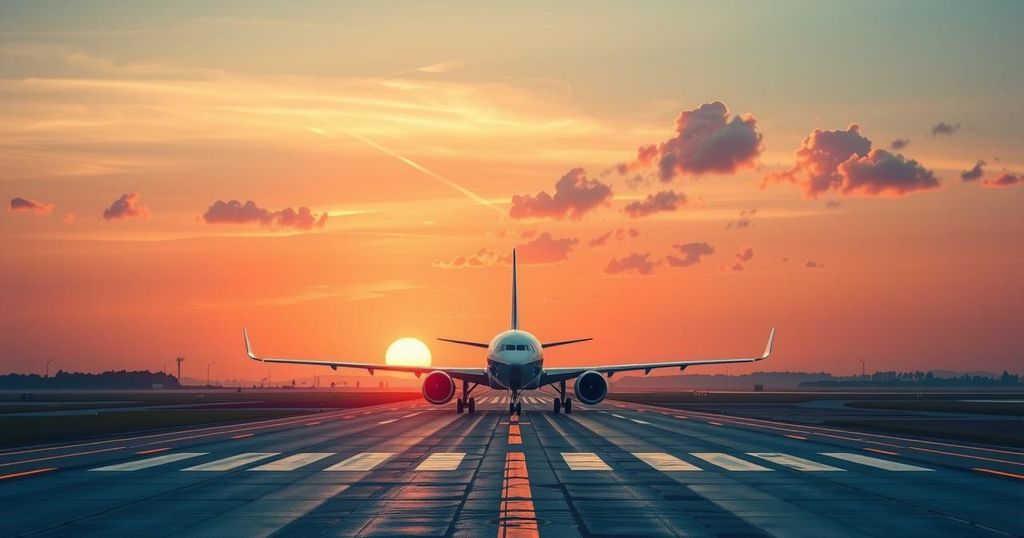Iran seeks to lift the Lebanese ban on its airplanes at Beirut Airport, asserting that the two countries should prioritize their historical ties and common interests. The ban followed Israeli allegations of smuggling linked to Hezbollah. Iranian officials continue discussions with their Lebanese counterparts, while Iran plans to attend a memorial for prominent Hezbollah figures.
Iran has expressed its desire to see the current ban on its airplanes landing at Beirut Airport lifted soon. According to Esmail Baghaei, the spokesman for the Iranian Foreign Ministry, it is essential for Iran and Lebanon to make decisions that reflect their enduring historical relations and mutual interests. This statement was made during a news briefing in Tehran, where he elaborated on ongoing discussions between the foreign ministers of both nations.
Recently, Lebanon restricted an Iranian aircraft from landing, which sparked protests among supporters of the Hezbollah group. This action followed allegations from the Israeli military accusing Hezbollah and Iran’s Quds Force of exploiting civilian flights for financial support to Hezbollah. The situation has added tension to already complex regional dynamics, necessitating careful diplomatic negotiations between the two nations.
Additionally, Baghaei announced Iran’s participation in a forthcoming funeral ceremony for significant Hezbollah figures, including former chief Hassan Nasrallah and senior leader Hashem Safi al-Din, who lost their lives in Israeli assaults last year. This ceremony is scheduled in Beirut for Sunday, reflecting Iran’s commitment to its relations with Hezbollah amid ongoing regional conflicts.
In summary, Iran is optimistic about resolving the restriction on its aircraft at Beirut Airport, highlighting the importance of strong relations with Lebanon. Ongoing talks between foreign ministers aim to address the ban, which stems from security concerns linked to Hezbollah. Simultaneously, Iran maintains its alliance with Hezbollah, demonstrated by its planned participation in a memorial service for key leaders. These developments underline the complex interplay of regional politics and the need for continued dialogue to safeguard mutual interests.
Original Source: www.aa.com.tr






